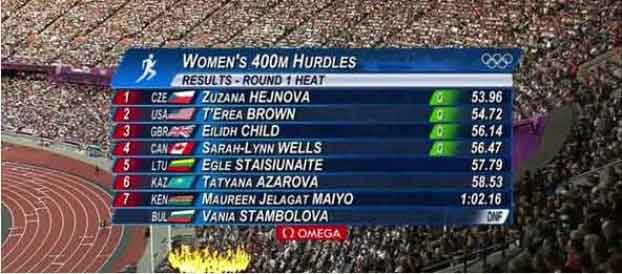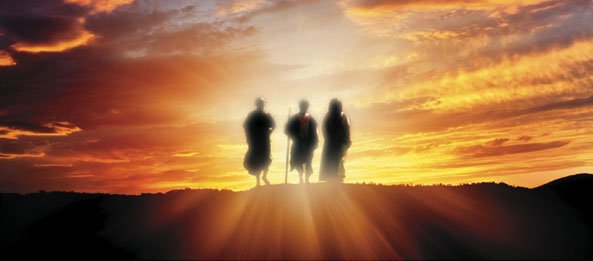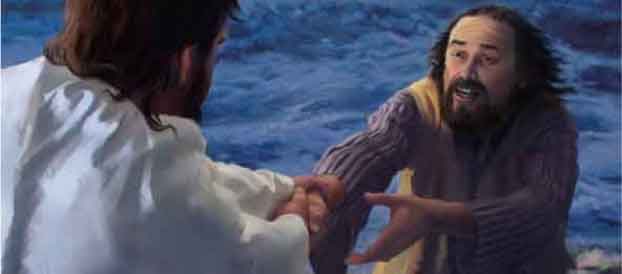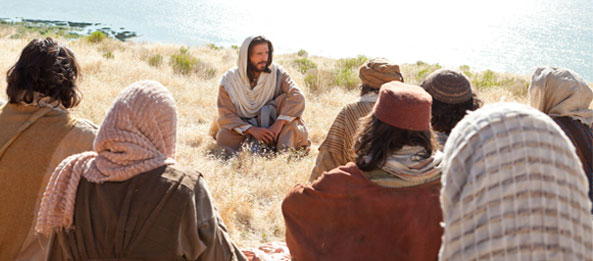Running Without Entanglements
Hebrews 12: 1-2
Above are the results for the first heat of the women’s 400m hurdles at the recent Olympics. This photo became a hit on Facebook due to the last name on the list. Vania Stambolova had stumbled over the first hurdle and did not finish. Today we are discussing the spiritual race we are in and how we can make sure we don’t ‘Stambolova!’
The writer of Hebrews likens our spiritual journey to an Olympic race. He says “Since we are surrounded by such a great cloud of witnesses, let us throw off everything that hinders and the sin that so easily entangles. And let us run with perseverance the race marked out for us.” The Olympics was well known in New Testament times. It was invented by the ancient Greeks and continued under the Romans. To fully grasp what the writer is saying when he says “Throw off everything that hinders and … entangles,” we need to understand how Olympic runners ran in ancient times. In those days they ran completely naked; that’s right, no clothes at all! They had not developed the synthetic body-hugging gear that athletes wear today, and their normal clothing was loose fitting robes and skirts that were liable entangle the runner as he ran. So the runner ran naked. Outright nakedness is what the writer has in mind, and it is what his readers would have understood. So he is telling us to run our spiritual race completely naked of all sin; ‘the sin that so easily entangles.’ This is powerful. We think a little sin is ok, but he is saying it will slow you. So let’s get personal. Is sin entangling you? What is it? Can you see how it is hindering your run?
Now the writer says “Throw [it] off.” Here he is telling us to take drastic action. Running naked in a crowded arena is drastic action! Only serious athletes would go that far. If you were just running for fun in an ancient market place, you would not throw everything off; you may just throw off your outer garment (Jn 12.7). But Olympic athletes were more serious. Jesus put it another way; he said “If your eye causes you to stumble, pluck it out” (Mk 9.47). He was not being literal, but he was telling us to be ready for drastic action. So the point of the writer of Hebrews is this: how serious a runner are you? Are you prepared to throw off everything for the sake of Christ? Are you prepared to take drastic action?
The writer also says “Run with perseverance.” Here he is encouraging us to keep going. When runners fall they have a decision to make; ‘Should I continue? Should I slow down? Should give up?’ Some fallen runners have got up and won. That takes real determination. But the longer we are down the more reason we give ourselves to stay down. So the key to perseverance is getting up quickly. Spiritual ‘getting up’ is repenting. And in scripture repentance is always quick. We are told “Do not let the sun go down while you are still angry” (Eph 4.26), and when Jesus told a man to follow him and the man said “Lord, first let me go and bury my father.” Jesus said “Let the dead bury their own dead, but you go and proclaim the kingdom of God” (Lk 9.59). An immediate response is essential. We all know of friends who fell and never got up because they decided to enjoy being down a little longer. Let’s not be like them, let’s repent and keep going.
Like the writer of Hebrews the apostle Paul also likens our spiritual journey to an Olympic race. He was raised in a Greco-roman culture in Tarsus and may have witnessed the Olympics first hand. Speaking to the Corinthian Greeks he says “Do you not know that in a race all the runners run, but only one gets the prize? Run in such a way as to get the prize.” (1 Co 9. 24-27). Persevering after a fall is noble and to be applauded, but winning is glorious! I watched the reaction of fathers, mothers, family and friends as Olympic athletes ran their races this year. A supporting crowd can have a huge affect on a runner. Hebrews 12.1 says we run before “A great cloud of witnesses.” The writer is imagining all the heroes of faith listed in Hebrews 11 watching us like a crowd in a packed Olympic stadium. But this crowd does not consist of mere spectators; they are former runners. They ran before us and were victorious. When we run we continue their legacy; we wear their colours! So with Abraham, Moses, Jesus, and Paul watching, how will you and I run? We don’t run just to finish, we run to win! We want to do as well as they did! That is why the writer says “Let us fix our eyes on Jesus, the author and perfecter of our faith” (2). Jesus ran before us and was victorious. He is the champion of champions; he knows what it takes. So we run with our eyes on him watching for his instructions and his encouragement. It’s his face we want to see in the crowd.
Olympian runners know they may only ever get one shot to run for their country at the Olympics; that’s why they cry tears when they win and when they lose. Jesus was also an athlete with one shot; he had one life, and he gave it his all. You and I also have one shot, one race; and it is the race we are in now. Olympians have years to look back with joy or regret; we have all eternity to rejoice or regret our efforts. So how will you and I run? “Let us throw off everything that hinders and the sin that so easily entangles. And let us run with perseverance the race marked out for us.”







